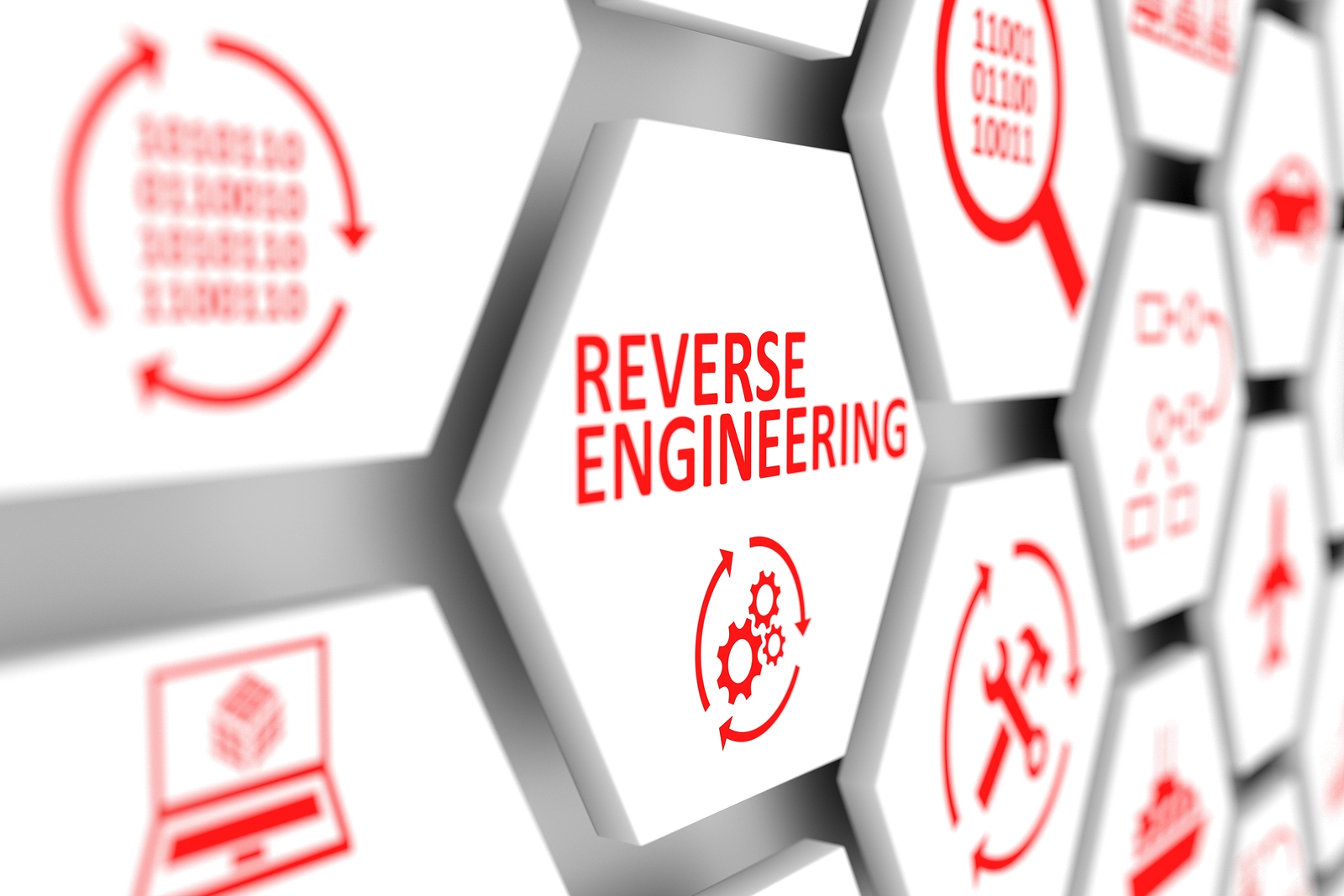Reverse Engineering: A Political Perspective

Reverse engineering, the process of deconstructing a finished product to understand its design and function, is often viewed through a technical lens. However, it also holds significant political implications.

Power Dynamics

Reverse engineering plays into power dynamics by empowering individuals and organizations to challenge established norms. By understanding how a system or product works, they can gain insights and potentially challenge the power structures that created it. Reverse engineering can be used to expose hidden biases, vulnerabilities, or intended consequences.
Innovation and Competition
In a market economy, reverse engineering fosters competition by providing businesses with opportunities to innovate on existing products. By studying competitors’ designs, companies can learn from their successes and failures, leading to the creation of improved products. Reverse engineering also helps to spread knowledge and lower the barriers to entry for new businesses.
Intellectual Property
Reverse engineering has implications for intellectual property (IP) protection. While it can facilitate innovation, it can also lead to unauthorized use of patented designs or copyrighted material. This raises questions about the balance between protecting IP rights and promoting technological progress. Governments must navigate this tension to ensure economic growth while safeguarding the interests of IP owners.
Ethical Considerations
Reverse engineering can also raise ethical concerns. For example, it could be used to undermine national security systems or create counterfeit products. Additionally, it can compromise user privacy by revealing sensitive design information. Regulation and ethical guidelines are necessary to mitigate these potential risks.
Security and Defense
In the realm of security and defense, reverse engineering is crucial for analyzing and countering potential threats. By reverse engineering weapons, explosives, or cyberattacks, governments and military organizations can gain valuable insights into their design and vulnerabilities. This information can be used to develop defense strategies and strengthen national security.
Conclusion
Reverse engineering is not merely a technical endeavor; it is a political tool that shapes innovation, competition, and power balances. By empowering individuals and organizations, fostering competition, and raising ethical considerations, reverse engineering has profound implications for modern society. Governments and policymakers must recognize the political dimension of reverse engineering and develop frameworks to harness its potential while mitigating its risks.
